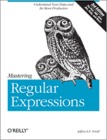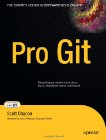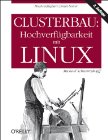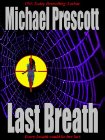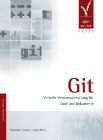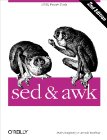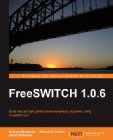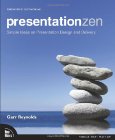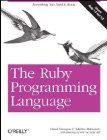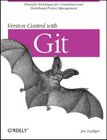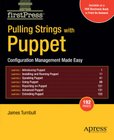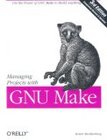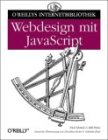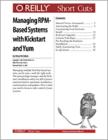
Once, when I picked up a book from the local library, the librarian asked to tell her what I thought about the book when I would bring it back. Well, why not write a few lines about all the books I read so everybody could see what I thought about it? I'm often also happy to have friends recommend a certain book or tell me this and that is not really worth reading. I won't comment about the tons of books I have read so far, but about books I read from now on.
| highly recommended | sehr empfohlen | |
| good reading | gutes lesematerial | |
| average | durchschnittlich | |
| not too interesting | nicht allzu interessant | |
| recommended not to read it | empfehlung das buch nicht zu lesen |



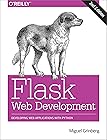



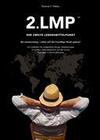











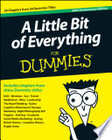






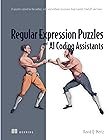















































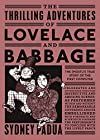



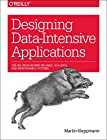



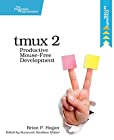
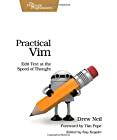


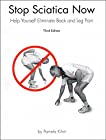






































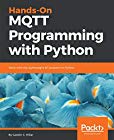























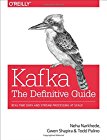



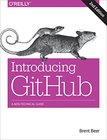




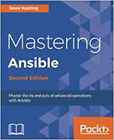





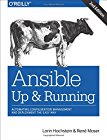















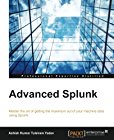


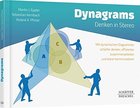


 |
|
|---|---|
| title | Functional Programming in Python |
| author | David Mertz |
| ISBN-10 | |
| ISBN-13 | |
| ASIN | |
| rating | |
| date | 2016-Oct-20 |
Even though I am not a programmer, I do know my way around python well enough to get things done. My code very rarely is object oriented. Functional programming? I was wondering, what does that mean. Is it the way I usually program? Does it help me to improve my style?
In four short chapters, (Avoiding) Flow Control / Callables / Lazy Evaluations / Higher-Order Functions, David gives an overview of functional programming. (Yes, it definitely is closer to my favoured style than OO techniques are.)While at first I could still follow the various examples, I got more and more lost after a third of the book. Too many lambdas (which I hate and never really understand to this day). And heavily stacked stuff like
do_all_funcs = lambda fns, *args: [ list (map(fn, *args)) for fn in fns]
makes my head spin when I try to figure out what it is supposed to do.
While I believe the book might be a treasure trove for a python programmer much more advanced than me, at least half of this stuff was simply over my head. My rating for the book is seen from an occasional python user; had I understood more of it, the rating would probably be better.


















